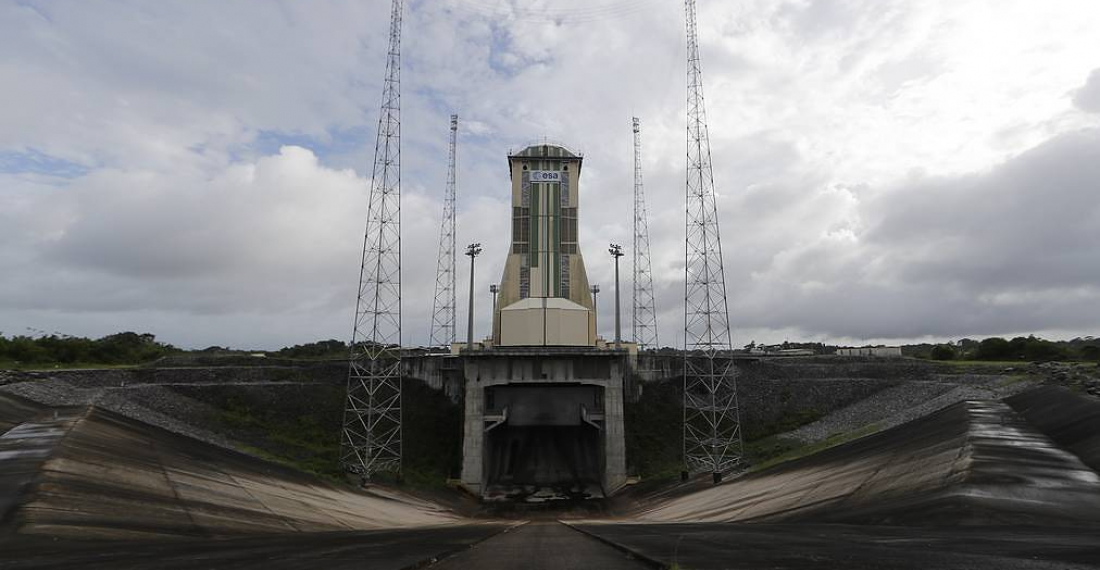The United Arab Emirates is 49 years old today. It was established on 2 December 1971, unifying seven Arab emirates into one country led by Sheikh Zayed bin Sultan al Nahyan. The seven - Abu Dhabi, Dubai, Sharjah, Ras al Khaimah, Ajman, Fujeirah and Umm al Quwain maintain a measure of autonomy especially on economic issues, whilst foreign affairs and defence are federal matters
The UAE is one of the world's successful countries, registering in the last 49 years huge progress in health and education.
Coinciding with the anniversary, a Falcon Eye 2 satellite of the United Arab Emirates, using a Russian Soyuz-ST-A rocket, lifted off from the Kourou space center in French Guiana on Wednesday, according to a live broadcast by Arianespace. Falcon Eye 2 and the Fregat booster separated from the rocket approximately nine minutes into the flight.
The satellite was put into its designated geosynchronous orbit at the average altitude of about 611 kilometers. The entire mission lasted about one hour.
According to Arianespace, FalconEye is "a high performance optical Earth observation satellite system for the Armed Forces of the United Arab Emirates (UAEAF) manufactured by the consortium of Airbus Defence and Space and Thales Alenia Space." It will also be used for imaging the Earth surface for commercial projects.
In a message for the national day being celebrated on 2 December, Sheikh Mohamed bin Zayed Al Nahyan, Crown Prince of Abu Dhabi said the anniversary "marks a milestone in its history during which it stands with pride and full of determination to continue its progress and achievements across various fields." Sheikh Mohamed said that the country's achievements have never stopped despite challenges along the way, which confirms that the UAE's development experience is exceptional and unmatched worldwide.
source: commonspace.eu with Emirates News Agency (Abu Dhabi), TASS (Moscow) and other media outlets
photo: The Kouru Space Centre in French Guiana from where a Russian rocket propelled an Emirati satellite into space on 2 December 2020. (picture courtesy of TASS, Moscow)







